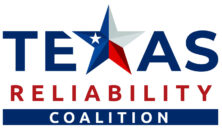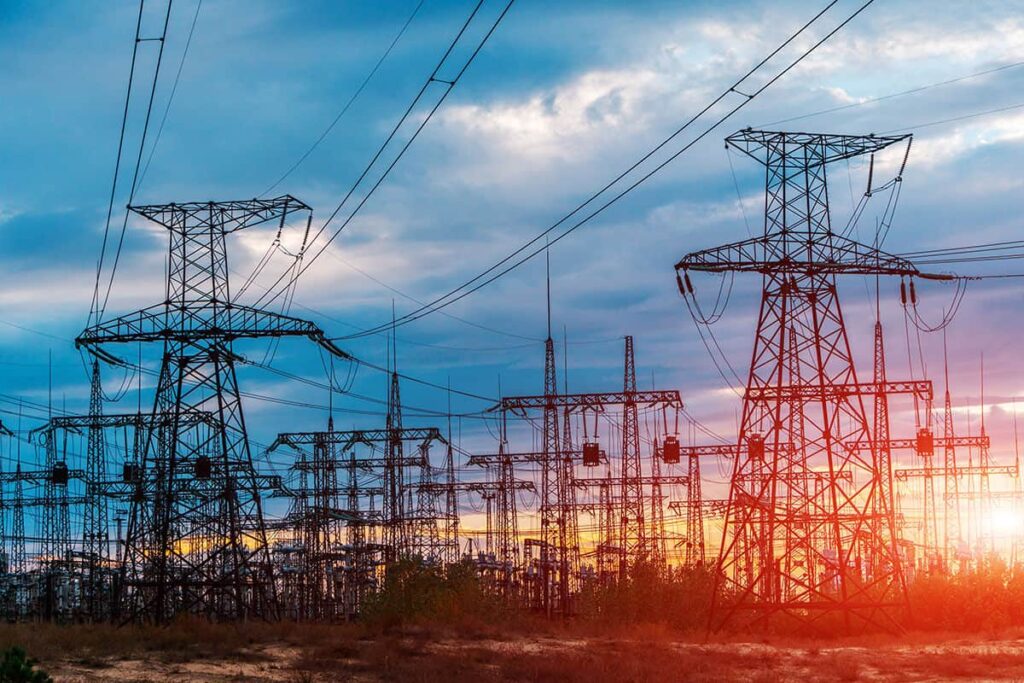At A Time When We Need More Options, Not Less
Texas is at a turning point. Utility Scale Microgrids (USMs) offer a powerful, proven path to protect communities, support critical services, and stabilize our grid during outages. But Senate Bill 231 — as currently written — could eliminate this opportunity before it even begins. We simply can’t afford to take any resiliency measure off the table.
This is No Time to Limit Options
Extreme weather, aging infrastructure, and rapid growth have exposed the vulnerabilities in Texas’ electric grid. Now is the time to expand our toolbox, not restrict it. Utility Scale Microgrids offers a great option:
- Proven: Technology is ready and deployed in other markets around the country — we know it works.
- Resilient: Designed to keep entire communities and critical services powered, during significant power outages.
- Scalable: With a successful pilot program and a clear regulatory path forward, USMs can scale to all utilities in Texas.
- Privately funded: These USM systems would be public private partnerships driven by private investment.
- Targets Critical load facilities: Especially valuable for growing Municipal Utility Districts (MUDs) and essential facilities in cities with reliability needs.
Texas has the chance to lead the nation — if the SB 231 is modified to allows it.
SB 231 as passed by the Senate Business & Commerce Committee, includes provisions that would stop Utility Scale Microgrids in their tracks:
- Mandates an Energy Facility be mobile and excludes stationary generation — a direct exclusion of permanent systems, which is what consumers want and need, not delivering when there is a storm headed our way.
- Size is capped at 5 megawatts — far too small for community-scale resiliency and critical services.
- No allowance for stationary systems capable of serving neighborhoods, city facilities, or emergency infrastructure.
These restrictions would end the innovation of the USM pilot programs, shut down investment, and block a critical solution for Texans.
What Needs to Change in SB 231?
This bill can be fixed — and made stronger — by ensuring that:
- Stationary generation is allowed for grid-connected microgrids.
- That eligible systems can provide at least 10 MW — enough to support real community needs.
- Private investment in distributed resiliency is embraced, not blocked.
These simple amendments would give Texans more protection, more options, by putting private capital to work, without increasing burdens on taxpayers.
What’s Next?
- SB 231 has passed committee, but requires more scrutiny in the House
Why It Matters
SB 231 isn’t just about policy — it’s about whether Texas embraces innovation or walks away from it.
By modifying the bill, lawmakers can protect the grid, empower local communities, and support a smarter, safer energy future for all Texans.



